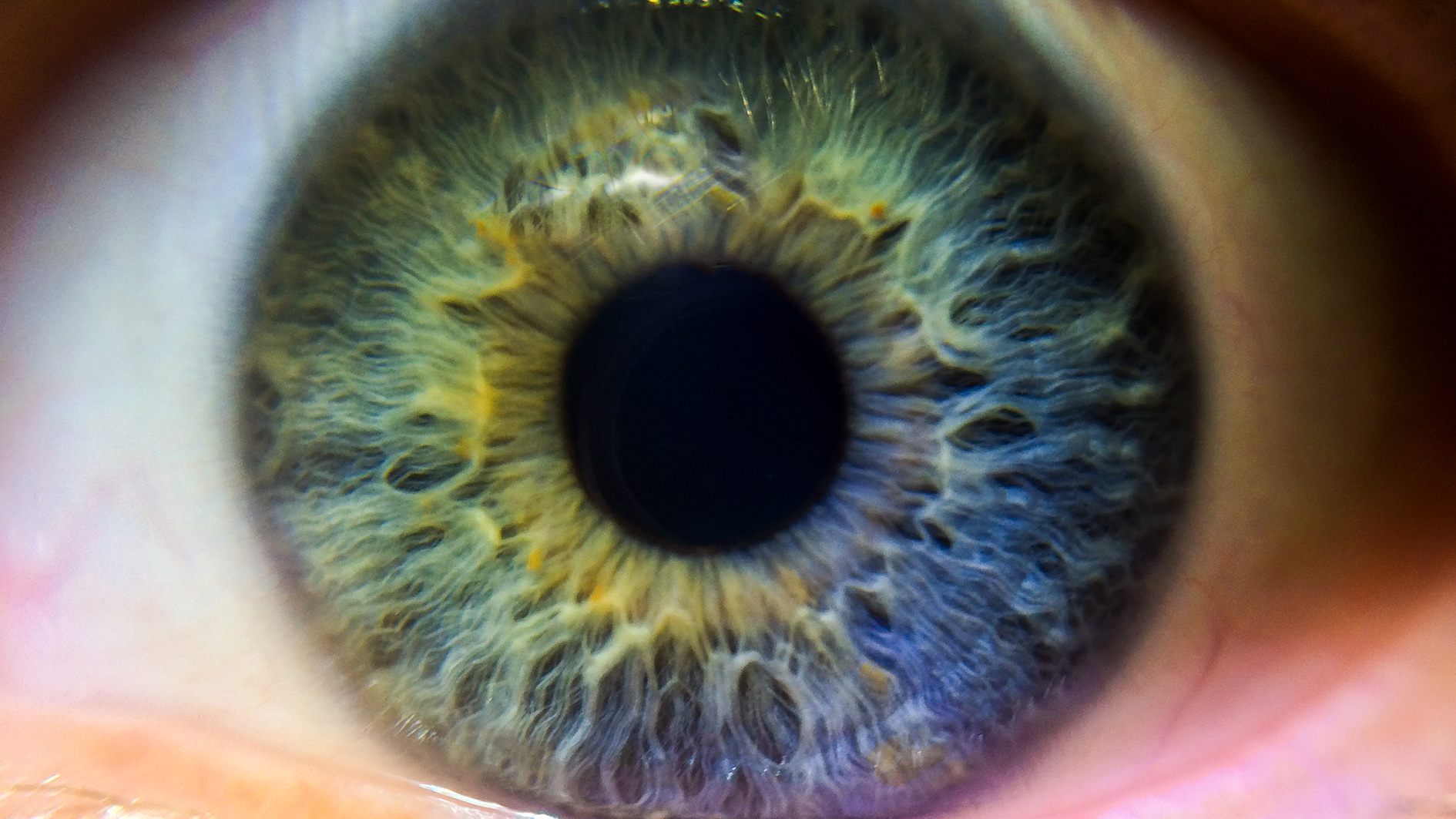Allergan builds case for first drug therapy for presbyopia

If you are middle aged and find you have to hold your phone at arm's length to read, you may have presbyopia - a difficulty focusing on close objects that is usually corrected using glasses, contact lenses or laser eye surgery.
Now, there could be another alternative, in the form of eye drops administered daily, according to AbbVie's Allergan subsidiary, which reported new phase 3 data for its pilocarpine formulation – codenamed AGN-190584 – at the American Society of Cataract and Refractive Surgery (ASCRS) congress over the weekend.
Pilocarpine is a muscarinic cholinergic agonist that is already used to reduce pressure inside the eye in ophthalmic diseases like glaucoma, but has only recently been repurposed for the long-sightedness – caused by a stiffening of the lens – that develops in people after the age of 40.
In the phase 3 GEMINI 1 study reported at ASCRS, AGN-190584 was able to improve near vision in low light conditions without impacting distance vision when used once daily, with a rapid onset of action that was sustained for up to six hours after dosing.
Allergan has already filed for approval of the eyedrop formulation in the US based on the results of GEMINI 1 and data from GEMINI 2 – which used the same protocol – and has said it hopes to get a verdict from the FDA before the end of the year.
The company sees AGN-190584 as being a first-line treatment for people newly-diagnosed with mild-to-moderate presbyopia, or as an adjunct to reading glasses for people who want more flexibility in their life.
"While not often known by name, the 128 million Americans living with presbyopia feel the condition's impact throughout their daily lives, often when looking at their cell phones, reading or trying to see a menu in a dimly lit restaurant," commented GEMINI lead investigator George Waring of the Waring Vision Institute in South Carolina, US.
"Additionally, our ever-increasing time spent on digital devices, from smart watches to smart phones, has put unprecedented demands on our vision," he added.
The use of these devices amplifies presbyopia, according to Allergan – not because it causes the condition, but because it makes people more aware of it as they may struggle to use devices as they used to.
If AGN-190584 is approved – and strikes a chord with people with presbyopia – the potential market opportunity could be huge. It is estimated at 80% of people in the US aged 45 to 55 have some degree of longsightedness, while the ageing population means that the number of over-40s is increasing by 10 million every five years.
A big challenge for the company will be to build awareness of presbyopia as a treatable condition, as polls suggest it is not a familiar term to many in the general public and many equate it with ageing – a consequence of advancing years and not something that should necessarily be treated.
Allergan hopes that the availability of an eyedrop treatment could spur more people to seek treatment, although much will depend on pricing, particularly as reading glasses are a relatively low cost option.
It's not alone in bringing a pharmacological therapy for presbyopia through development, although it looks like it could be the first to do so.
Following after are several other candidates, including a pilocarpine eyedrop in development at Eyenovia, which also has one phase 3 study completed and a second on the go. Orasis Pharma meanwhile recently started a phase 3 programme for CSF-1, which combines pilocarpine with a lubricant to improve comfort and ease of use.
LENZ Therapeutics (formerly Presbyopia Therapies) is working on eyedrops containing aceclidine – thought to act like pilocarpine as a miotic agent, reducing eye pressure – showed improvements in near vision in a phase 2 trial.
Another therapy from Visus Therapeutics is also in mid-stage development and combines brimonidine and carbachol, both miotics.
Ocuphire meanwhile also reported results from a phase 2 trial with its presbyopia therapy Nyxol (phentolamine) plus low-dose pilocarpine that inhibits the contraction of smooth muscle of the iris last month, improving near vision within an hour of dosing.
Novartis is taking a different approach, and one that some category watchers think could be a future winner if shown to be effective in pivotal trials. Its candidate UNR844 (lipoic acid/choline ester chloride) – acquired with Encore Vision in 2017 – works by restoring the elasticity of the lens.













